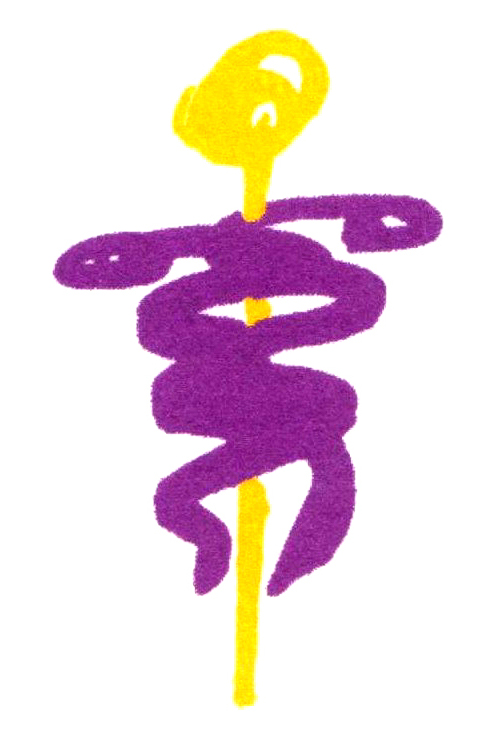The Dendritic Cell Therapy (DCT)
empowering your immune system to fight cancer on its own
- Reduces the tumor burden
- Prevents the growth of metastases
- Prevents relapse and recurrence
DCT is the gentlest and most natural therapy against cancer. It supports the body in defeating the cancer by itself.
In this cancer therapy, the dendritic cells “activate” killer cells and T-helper cells, which then fight the tumour.
Through these processes, the body forms a memory, like a vaccination. This prevents the cancer from recurring and spreading to other organs.
Dendritic cell therapy
Since the Nobel Prize for Medicine was awarded to Dr. Ralph Steinmann in 2011 for his discovery in 1973 and its possibilities in the treatment of cancer, there have been over 100,000 scientific publications, studies, dissertations and press releases to date. All of them prove the effectiveness and effect in cancer therapy with dendritic cells and point to the therapy successes.
Dendritic cell therapy with one to several application cycles can be carried out at any stage of the disease. As it has hardly any side effects, it is also combined with other therapeutic measures, which can lead to positive effects. (For example, pain-relieving drugs could be dosed less or even discontinued). The following positive effects of dendritic cell therapy have been scientifically proven:
- Improvement of immune competence through Th1 cell activation and tumour priming
- Increase in killer cells (NK cells in the immune system)
- Release of interleukin-12
- Increase of cytotoxic T cells
Targeted immune activation via APC cells with tumor material leads to an increase in tumor destruction. The cancer cells are increasingly led into apoptosis (cell death). The mean survival time can be significantly prolonged in patients with advanced cancers. Complete remission after treatment with dendritic cells has been observed. Due to these biological effects of dendritic cell therapy in cancer and metastasis formation, its use is also indicated in the palliative therapy situation.
Source: Professor Frank Gansauge
If you are interested in knowing more, please contact us admin[at]serafin.ch


